 Great Clarendon Street, Oxford OX2 6DP Oxford University Press is a department of the University of Oxford.
Great Clarendon Street, Oxford OX2 6DP Oxford University Press is a department of the University of Oxford.
It furthers the Universitys objective of excellence in research, scholarship, and education by publishing worldwide in
Oxford New York
Athens Auckland Bangkok Bogot Buenos Aires Cape Town
Chennai Dar es Salaam Delhi Florence Hong Kong Istanbul Karachi
Kolkata Kuala Lumpur Madrid Melbourne Mexico City Mumbai Nairobi
Paris So Paulo Shanghai Singapore Taipei Tokyo Toronto Warsaw with associated companies in Berlin Ibadan Oxford is a registered trade mark of Oxford University Press in the UK and in certain other countries Published in the United States
by Oxford University Press Inc., New York W. J. Johnson 2001 The moral rights of the author have been asserted
Database right Oxford University Press (maker) First published as an Oxford Worlds Classics paperback 2001 All rights reserved. No part of this publication may be reproduced, stored in a retrieval system, or transmitted, in any form or by any means, without the prior permission in writing of Oxford University Press, or as expressly permitted by law, or under terms agreed with the appropriate reprographics rights organization. Enquiries concerning reproduction outside the scope of the above should be sent to the Rights Department, Oxford University Press, at the address above You must not circulate this book in any other binding or cover and you must impose this same condition on any acquirer No performance of this play may be given unless a licence has been obtained; application to the Rights Department, Oxford University Press, should be made before rehearsals begin British Library Cataloguing in Publication Data
Data available Library of Congress Cataloging in Publication Data
Data available ISBN13: 9780192839114
ISBN10: 019283911X Typeset in Ehrhardt
by RefineCatch Limited, Bungay, Suffolk
Printed in Great Britain by
Clays Ltd, St Ives plc OXFORD WORLDS CLASSICSFor over 100 years Oxford Worlds Classics have brought readers closer to the worlds great literature. The pocket-sized hardbacks of the early years contained introductions by Virginia Woolf T. S. S.
Eliot, Graham Greene, and other literary figures which enriched the experience of reading. Today the series is recognized for its fine scholarship and reliability in texts that span world literature, drama and poetry, religion, philosophy and politics. Each edition includes perceptive commentary and essential background information to meet the changing needs of readers. Refer to the to navigate through the material in this Oxford Worlds Classics ebook. Use the asterisks (*) throughout the text to access the hyperlinked Explanatory Notes.OXFORD WORLDS CLASSICS KLIDSA
KLIDSA
The Recognition of akuntal
 A Play in Seven Acts
A Play in Seven Acts
akuntal in the Mahbhrata
(Mahbhrata 1.629)Translated with an Introduction and Notes by
W. J.
JOHNSON OXFORD WORLDS CLASSICSTHE RECOGNITION OF AKUNTAL KLIDSA (c. fourth to fifth century CE) was the greatest poet and playwright of the classical Indian tradition. Hardly anything is known about his life, but his works suggest that he lived in northern India, possibly under the patronage of the powerful and brilliant Gupta dynasty. His surviving output consists of three (or four) long poems in Sanskrit, and three plays in a mixture of Sanskrit and Prakrit, the best-known of which is The Recognition of akuntal, a work of unrivalled aesthetic and cultural significance. Probably based on an episode in the great Sanskrit epic, the Mahbhrata (c.500 BCE to 400 CE), akuntal is dominated by the erotic and heroic moods characteristic of dramas of this type. The plays combination of poetry, action, plot, movement, sound, and gesture is designed to produce an ineffable experience of entrancement or aesthetic rapture in the audience.
OXFORD WORLDS CLASSICSTHE RECOGNITION OF AKUNTAL KLIDSA (c. fourth to fifth century CE) was the greatest poet and playwright of the classical Indian tradition. Hardly anything is known about his life, but his works suggest that he lived in northern India, possibly under the patronage of the powerful and brilliant Gupta dynasty. His surviving output consists of three (or four) long poems in Sanskrit, and three plays in a mixture of Sanskrit and Prakrit, the best-known of which is The Recognition of akuntal, a work of unrivalled aesthetic and cultural significance. Probably based on an episode in the great Sanskrit epic, the Mahbhrata (c.500 BCE to 400 CE), akuntal is dominated by the erotic and heroic moods characteristic of dramas of this type. The plays combination of poetry, action, plot, movement, sound, and gesture is designed to produce an ineffable experience of entrancement or aesthetic rapture in the audience.
Its success in achieving this confirms its status as the supreme work of classical Indian literature. From the time of Sir William Joness pioneering English translation of 1789, which excited and inspired many European composers and writers (including Goethe), Klidsas play has attracted considerable interest outside India, and has been translated into every major European language. It continues to be performed around the world in a variety of styles and translations. W. J. JOHNSON was educated at the University of Sussex and Wolfson College, Oxford.
He is now Senior Lecturer in Religious Studies at Cardiff University. His publications include new translations of The Bhagavad Gita (Oxford, 1994) and The Sauptikaparvan of the Mahbhrata (Oxford, 1998) for Oxford Worlds Classics, and Harmless Souls (Delhi, 1995), a study of karma and religious change in early Jainism. He is married with two sons.
CONTENTS
For PatKlidsa and The Recognition of akuntal
Klidsa is widely acknowledged as the supreme poet and playwright of the classical Sanskrit tradition, and for many, he is simply the greatest writer India has produced. but nothing is known of his life and career beyond what can be inferred from his poetry and plays. These show him to have worked in what was already an established tradition of court poetry and drama, the origins of which may have pre-dated him by a thousand years or more.
However, the only surviving precursors of Klidsas dramas are fragments by the Buddhist poet Avaghoa (c. second century CE) and, if we accept the dating given above, a number of complete plays by Bhsa (c. fourth century CE). The Recognition of akuntal From the time of Sir William Joness pioneering English translation of 1789, which excited and inspired so many European composers and writers (including Goethe), Klidsas play has attracted considerable interest outside India, and has been translated into every major European language. It has also been performed around the world in a variety of styles and translations. Nevertheless, akuntal has not yet established a place in the wider western theatrical canon; for instance, it has not to date (2000) been produced by either of the national companies in Britain.
No doubt, if they have considered it at all, they have thought it too remote in form and content from the experience of a European or American audience to be worth the risk. One ambition of the present translation is to inspire a revision of that critical and commercial judgement.
Klidsas Play: Plot and Structure
In its broad outlines the plot of Klidsas play follows an episode in the great Sanskrit epic the
Mahbhrata (translated here as akuntal in the
Mahbhrata), but with significant differences.
gndharva marriage (a secret love match by mutual consent). After dispelling some troublesome demons for the ascetics, the king returns to his palace and his other wives, leaving a ring with akuntal as a token of his good faith.
Act 4: Meanwhile akuntal, in love, and neglecting her duty of hospitality, inadvertently incurs the wrath of Durvsas, a visiting ascetic. Without her knowledge he imposes a curse: she will remain unrecognized by the object of her passion until she can produce a token of recognition.
Next page

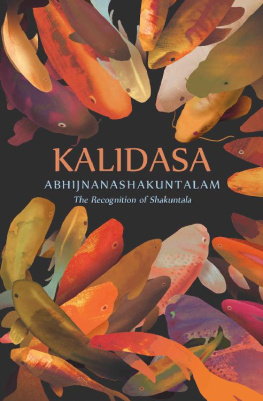
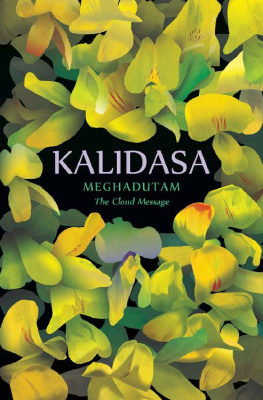
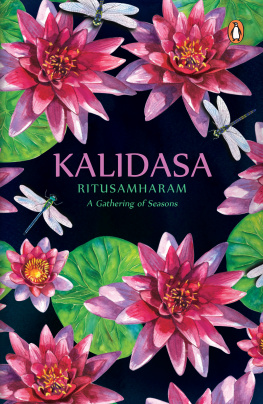


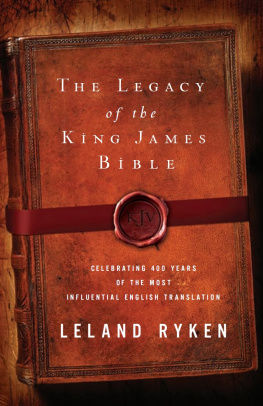
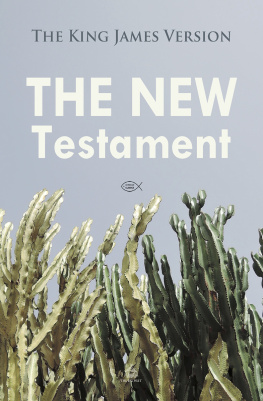
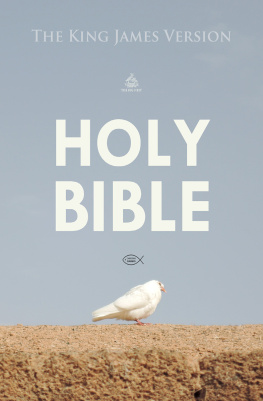
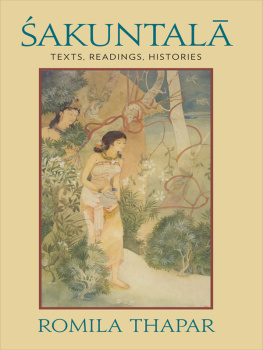
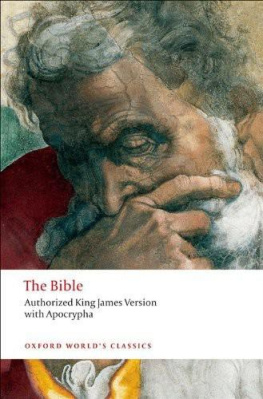
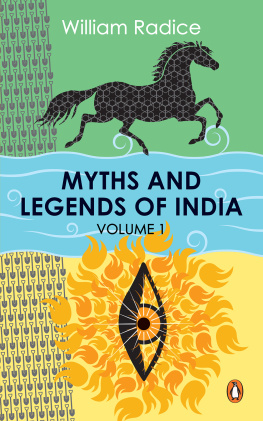
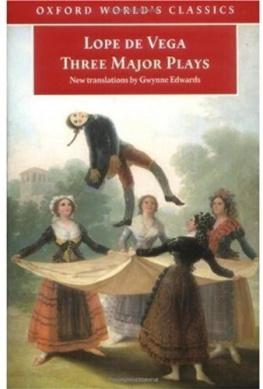
 Great Clarendon Street, Oxford OX2 6DP Oxford University Press is a department of the University of Oxford.
Great Clarendon Street, Oxford OX2 6DP Oxford University Press is a department of the University of Oxford. KLIDSA
KLIDSA OXFORD WORLDS CLASSICSTHE RECOGNITION OF AKUNTAL KLIDSA (c. fourth to fifth century CE) was the greatest poet and playwright of the classical Indian tradition. Hardly anything is known about his life, but his works suggest that he lived in northern India, possibly under the patronage of the powerful and brilliant Gupta dynasty. His surviving output consists of three (or four) long poems in Sanskrit, and three plays in a mixture of Sanskrit and Prakrit, the best-known of which is The Recognition of akuntal, a work of unrivalled aesthetic and cultural significance. Probably based on an episode in the great Sanskrit epic, the Mahbhrata (c.500 BCE to 400 CE), akuntal is dominated by the erotic and heroic moods characteristic of dramas of this type. The plays combination of poetry, action, plot, movement, sound, and gesture is designed to produce an ineffable experience of entrancement or aesthetic rapture in the audience.
OXFORD WORLDS CLASSICSTHE RECOGNITION OF AKUNTAL KLIDSA (c. fourth to fifth century CE) was the greatest poet and playwright of the classical Indian tradition. Hardly anything is known about his life, but his works suggest that he lived in northern India, possibly under the patronage of the powerful and brilliant Gupta dynasty. His surviving output consists of three (or four) long poems in Sanskrit, and three plays in a mixture of Sanskrit and Prakrit, the best-known of which is The Recognition of akuntal, a work of unrivalled aesthetic and cultural significance. Probably based on an episode in the great Sanskrit epic, the Mahbhrata (c.500 BCE to 400 CE), akuntal is dominated by the erotic and heroic moods characteristic of dramas of this type. The plays combination of poetry, action, plot, movement, sound, and gesture is designed to produce an ineffable experience of entrancement or aesthetic rapture in the audience.